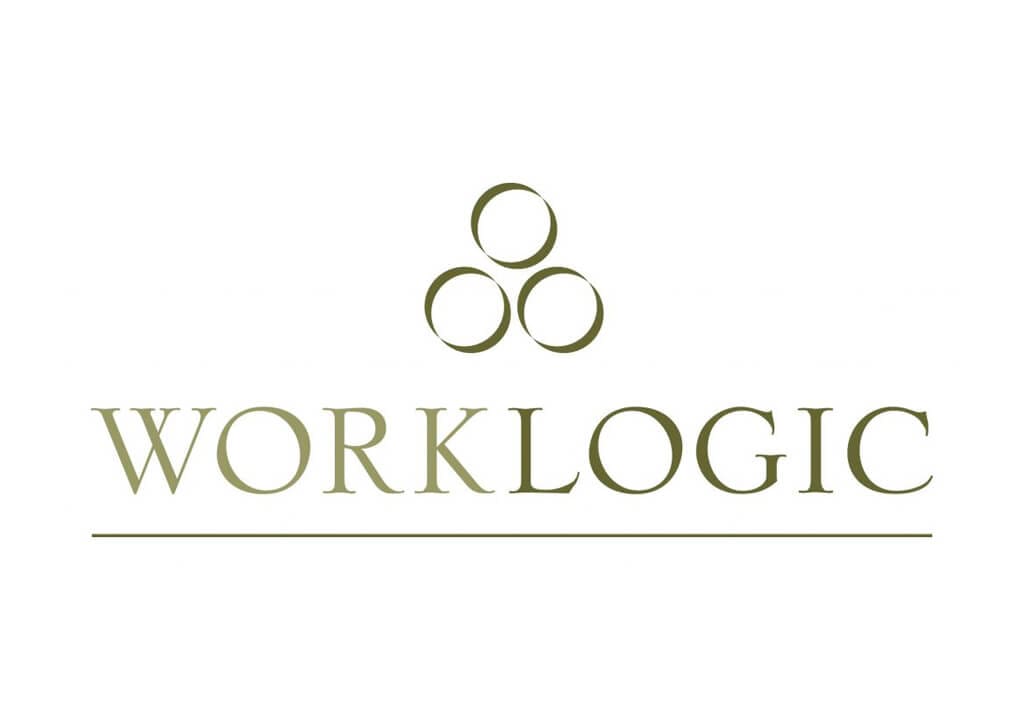In this post, we highlight a hidden risk for both investigators of workplace allegations and HR professionals involved in any disciplinary decisions following an investigation, where additional evidence contributes to the decision to terminate employment. In these situations, employers must provide the this additional information – either as separate allegations, or as relevant evidence – to the employee for a response, prior to undertaking the disciplinary action like termination to ensures procedural fairness.
Fair Work Commission: Remmert v BHO
In the recent case of Remmert v Broken Hill Operations Pty Ltd T/A Rasp Mine [2016] FWC 6036 (10 October 2016) (‘Remmert v BHO’) Commissioner Hampton of the Fair Work Commission held that an employer had a valid reason to sack an employee, Mr Remmert, for posting ‘belittling’ comments on Facebook about a co-worker. However, the employee’s termination was unfair under s.394 of the Fair Work Act 2009 due to ‘significant’ procedural errors in the investigation process leading to his dismissal.
This case follows a line of other cases in which the termination of an employee for otherwise valid reasons, is held to be unfair in the circumstances because not all of the reasons for dismissal were put to the employee for a response, prior to their dismissal: see also Boal v BHP Coal Pty Ltd [2014] FWC 9331 and Faulkner v BHP Coal Pty Ltd [2014] FWC 9330.
The misconduct
The Facebook posts in this case consisted of a photo of an employee at work wearing a cap with an exceptionally large and exaggerated peak together with a number of comments made in response to the original post. It was alleged that these posts were directed at a particular employee, who regularly wore a cap with a larger than normal peak in the workplace. The applicant in this case, Mr Remmert, was not involved in posting the original photo or post but did subsequently post two comments, including: “I’ve seen f*!#wits with bigger peaks on their hats”.
The investigation
The employer conducted an investigation into the Facebook incident, with Mr Remmert giving a response to the allegations on 14 April. On 18 April 2016, the investigating panel made findings in relation to four of the employees involved in the Facebook incident, including Mr Remmert, whose actions were found to be in contravention of the employer’s policies and procedures. As a result, Mr Remmert was subsequently dismissed on 22 April 2016.
Mr Remmert’s arguments
Mr Remmert contended that his dismissal was unfair on a number of grounds, including that:
1. He was unaware of the content of the Social Media Policy (that had been introduced mid-2015) and had received no training in this respect;
2. Several other employees were involved in the incident or related conduct but were not subject to comparable disciplinary action, or in some cases, any disciplinary action at all, therefore illustrating an inconsistent application of company policy; and
3. He was not given notice of, nor provided with an opportunity to respond to, two of the reasons for dismissal apparently relied upon by the employer prior to the decision to terminate his employment. These reasons were:
- Firstly, a Confidential Report (referred to in the investigation findings) provided by a Maintenance Superintendent to the investigator, and which the investigator considered “very relevant to this incident and supports the bullying behaviour currently being experienced by other crew members.”
- Secondly, certain apparent “Boom Gate tag time discrepancies” in connection with Mr Remmert.
The decision
Commissioner Hampton dismissed the first and second arguments. In relation to the first, he agreed that Mr Remmert had not knowingly breached the Social Media Policy, because he and other employees did not have a working knowledge of the newly introduced Social Media Policy, and had not been formally inducted in it (whereas managers had). However, Mr Remmert’s knowledge of the standard of behaviour required by the Code of conduct was sufficient to hold him to a standard of behaviour that was then breached by his two Facebook posts.
In relation to the second argument, while it was found that different employees who had engaged in the posts and comments had in fact been treated differently (with some, like Mr Remmert, subject to disciplinary action, and others not), the fact that Mr Remmert had received a Final Warning the previous year, for similar conduct, was sufficient to provide a valid basis for the employer’s action in relation to Mr Remmert specifically (i.e. termination of his employment).
However, in relation to the third argument, Commissioner Hampton accepted the argument of Mr Remmert, holding that the investigation process was flawed and therefore his termination was unfair under the FWA. Although Mr Remmert had been allowed the chance to respond to the allegations against him (the Facebook comments), these were not the sole reason for his dismissal, which included two other factors that influenced the decision; firstly, the Confidential Report (referring to other alleged similar allegations) and secondly, the Boom Gate records. Therefore, the Commissioner held that there had been “significant procedural unfairness in the decision making process and … that injustice is likely to have made a difference to the fairness of the dismissal”.
The take home message for employers
This case is a reminder that the principles of natural justice (in ‘the hearing rule’) continues throughout and beyond a workplace investigation, up to and including any disciplinary action taken in relation to any proven allegations.
If additional allegations, evidence or other factors arise during a workplace investigation, and these have a bearing on the decision on whether to take disciplinary action, make sure you provide all of this information to the employee for a response prior to a decision to take disciplinary action.
Failure to do this is failure of procedural fairness and may lead to any termination being overturned later.
About Tom Henry
Tom began his career as a commercial lawyer where he learnt the value of clear analytical thinking, concise and powerful communication skills, excellent client service and effective case management.
Since joining Worklogic in 2011, Tom Henry has completed a large number of challenging, highly technical workplace investigations in a variety of sectors, and is in demand as a speaker and presenter.
Worklogic works with employers to resolve workplace complaints and build a positive workplace culture. Worklogic also offers training courses on undertaking effective workplace investigations. If you would like to discuss any matters relating to workplace complaints and investigations, please contact Tom on 03 9981 6500 or via email at thenry@worklogic.com.au for an obligation free, confidential conversation.
Subscribe to the Worklogic blog to receive expert advice on resolving workplace complaints and building a positive culture at work direct to your inbox each week!




